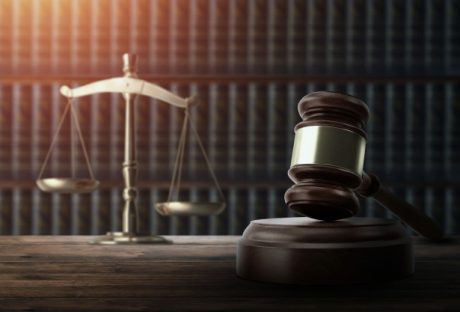Finding your ideal home is a fantastic feeling and then finding out it is within your budget feels like a dream come true. However, learning about the amount of time and effort it takes to complete the sale can be daunting. Here is a quick guide to all the legalities of buying a house, so you are in the best possible position.
Find the Best Solicitor for You
Your solicitor will be your guide throughout this whole process. They will help you exchange contracts and complete all the paperwork you need to fill out.
With a solicitor comes many overhead costs. In addition to their time fees, you will need to pay for any potential searches and other expenses. Therefore, it is necessary to find a solicitor who is within your budget. This does not necessarily mean you should always go for the cheapest option as there may be a great solicitor who can handle everything for you for a slightly higher cost than their competitors.
Begin the Conveyancing Process
Conveyancing is all the legal processes that take place from the exchange of contracts to you getting the keys for your new property. It is the bulk of the work which your solicitor will do, and so you need to know how much it is going to cost in advance. Get an instant conveyancing quote here from Tayntons Solicitors, a practice of qualified and experienced conveyancers.
Firstly, your solicitor will examine the draft contract and supporting documents sent by the seller’s team. They will be able to talk you through everything they have received and will advise you on any place where you wish to raise an issue.
They will also be your go-between for you and the local council. There will be many different forms that will need to be filled out, such as making sure you are on the Land Registry, and it will be essential that nothing is forgotten.
Finish Up
When everything is ready, the solicitor will oversee the transfer of funds from you to the seller. They will then make all the necessary arrangements for the remaining fees which will need to be paid before you finally get the keys to your new home. There will be tax returns to fill out, and conversations with your mortgage lender if you are using one. These are all incredibly important parts of the buying process which are as crucial as the exchange of contracts.
Buying a property does not end with putting an offer into an estate agent. It is a very long and potentially difficult legal process, and you need to make sure you have the right person beside you helping you out. Searching for a conveyancer who is accredited by the Law Society will assure you that you will be working alongside a professional who knows the ins and outs of the business. With their help, your dream house will soon be yours forever.
Read Also:






















